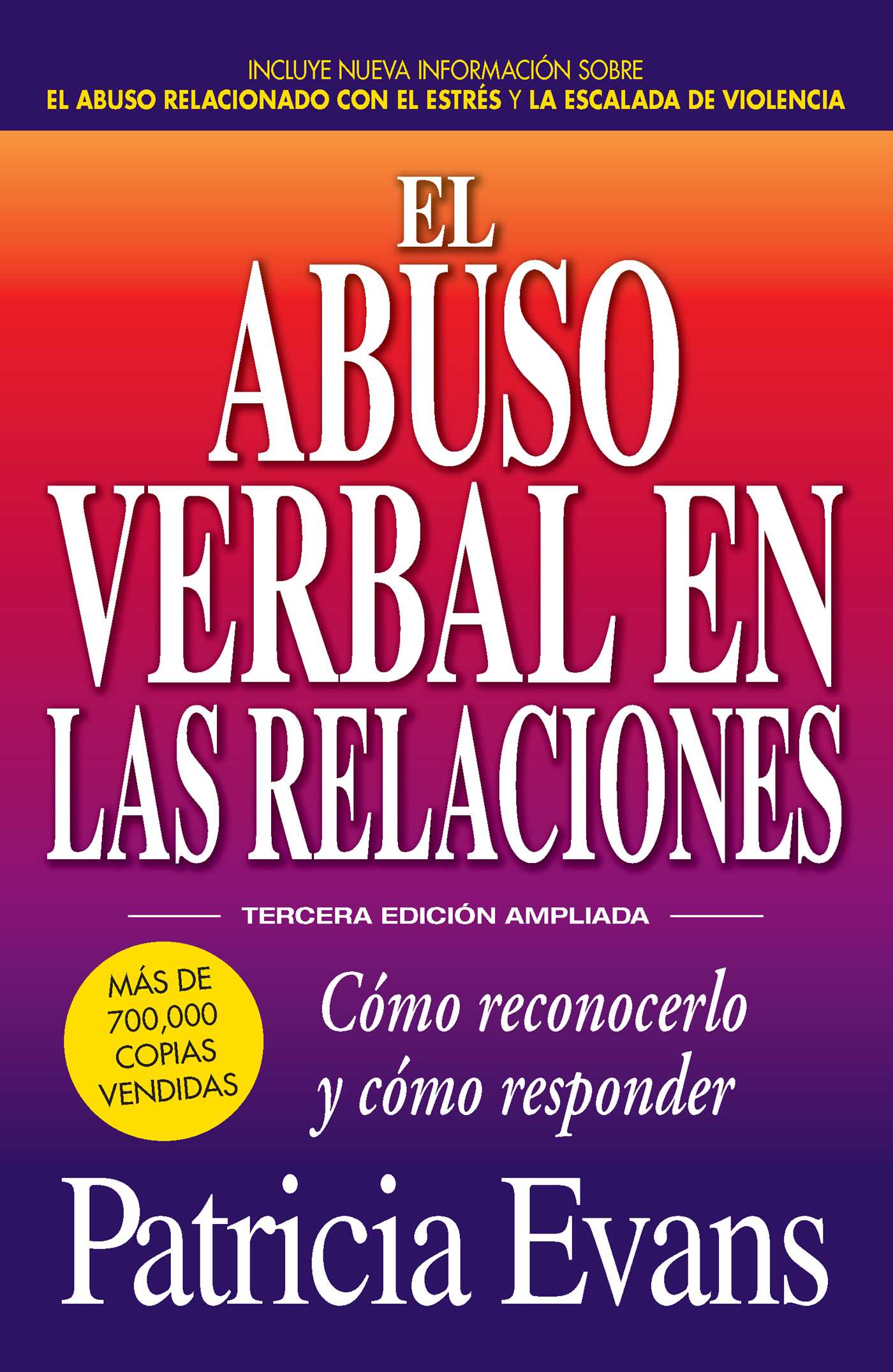
Thursday, May 4th, at 6:30 PM, RSVP: An Evening with Alexandra Auder, author of Don't Call Me Home.This timely new edition of The Verbally Abusive Relationship puts you on the road to recognizing and responding to verbal abuse, one crucial step at a time! She also outlines the Levels of Abuse that characterize this kind of behavior - from subtle, insidious put-downs that can erode your self-esteem to full-out tantrums of name-calling, screaming, and threatening that can escalate into physical abuse.ĭrawing from hundreds of real situations suffered by real people just like you, Evans offers strategies, sample scripts, and action plans designed to help you deal with the abuse - and the abuser. In two all-new chapters, Evans reveals the Outside Stresses driving the rise in verbal abuse - and shows you how you can mitigate the devastating effects on your relationships. You'll get more of the answers you need to recognize abuse when it happens, respond to abusers safely and appropriately, and most important, lead a happier, healthier life. She became, therefore, the perfect victim.In this fully expanded and updated third edition of the bestselling classic, you learn why verbal abuse is more widespread than ever, and how you can deal with it. She kept her mind open to what she might hear that would reveal what was wrong - why she suffered. If her mate was not wrong, if he was not lying, if she did take things wrong, then she could believe only that “something must be wrong with the way she was - how she expressed herself, how she came across, or possibly with her feelings and experience of reality itself.” Thus the doubts of childhood rose up once more.

Unable to reach clarity and understanding, the partner was left with feelings of inadequacy and confusion. The typical partner believed the abuser’s denial and so became frustrated and confused even while she searched for answers. This truth is that she is being abused and blamed for the abuse (as if it could be justified) and for feeling bad about it (as if her feelings were wrong).

From childhood, she is conditioned not to understand her feelings and so not to recognize the truth. “The victim of abuse is taught to believe that although she is hurting, she shouldn’t be, or that she is in some way responsible.


 0 kommentar(er)
0 kommentar(er)
